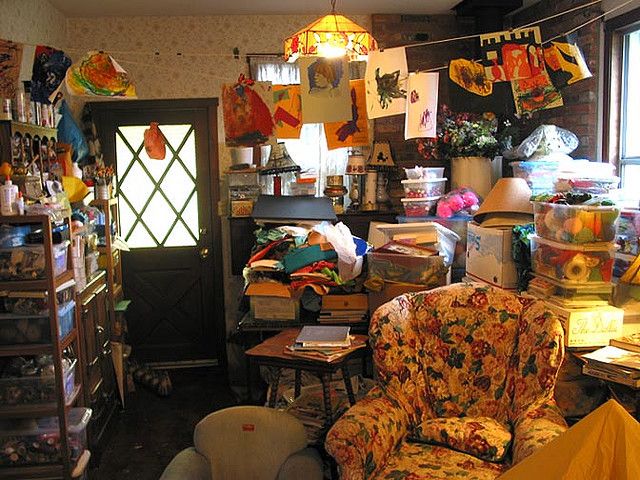I‘m married to a man who’s practically the opposite of me.
He’s a textbook left-brain analytical engineer, punctual, logical, strategic and decisive. “I’m gonna need some more information” is an often spoken phrase of his, and I’m convinced Joe Friday is his long-lost uncle – Just the facts, ma’am. I know he’s thinking that even if he doesn’t say it out loud.
I skip to the other end of the spectrum: a feeler and a dreamer, creative and passionate, sure the world’s ills could be solved with a little more love. Notice that means I’m right-brained–an indicator that most of the time I’m right?
Sadly, probably not.
He’s a numbers guy and I’m a words girl. Ice and fire. Sometimes a volatile combination and sometimes just messy, but always interesting.
We’re over two years past our Silver Anniversary so I suppose there’s something to this “opposites attracting” thing. We’re sticking together.
Suffice it to say we rarely approach anything the same way. This doesn’t mean we always disagree, but when we agree, we typically arrive at the same conclusion along a different path.
A benefit of being married to your opposite? They think entirely differently than you.
Yes, I believe that can be a benefit, and here’s why:
They help you to see and think about and understand things you wouldn’t otherwise see or think about or understand. Not because you’re being stubborn and don’t want to, but because they’re the type of things that genuinely wouldn’t cross your mind.
Years ago my husband began encouraging a practice that, at first, I resisted. I’m a messy person who forms (often ridiculous) sentimental bonds with inanimate objects, and he’s a pragmatic neat freak. But when he appealed to my senses of reason and stewardship, I had no choice but to see its wisdom:
The practice of loss.

There’s no formal definition for the practice of loss, it just means when you add something new, you subtract something old. It’s that simple.
For some things, this goes without saying:
Accept a new job? You have to quit your old.
A college student with a full schedule adds a new math class? He’ll have to drop something to compensate (and stay sane).
Buy a new car? You trade in or sell the old.
But those things aren’t really what I’m referring to; for me, it mostly manifests itself in my closet or kitchen.
I get attached to clothes that I bought in a memorable place or that remind me of a special date. Never you mind that I will never wear that t-shirt or pair of pants three sizes smaller, they mean something.
They mean something, alright: they’re taking up limited space in a drawer or closet.
I also have a penchant for just about everything in the kitchen: pretty dishes, glasses and serving ware, unstained dishtowels, unburned potholders (thank goodness for silicone!), and oh my word! ALL OF THE WORD ART FOR EVERY INCH OF WALL SPACE IN MY HOUSE!
Except that last thing isn’t prudent and might just jank the place up….
But you see my point, right? As I continue to find pretties I “can’t” live without (especially because I only buy bargains) (Look! I’m saving money!), my cabinet and drawers aren’t magically expanding. Is what’s true for me also true for you?
The more I have, the harder it is to find what I need.
Plus, it’s often the case I don’t even use some of the items because I play kitchen favorites.
Excess is poor stewardship. Someone else could be using my perfectly good, no-longer-used kitchen paraphernalia. And rather than everything falling on my head when I open an overflowing kitchen cabinet, I can put my hands on six glasses that match.
Practicing loss is important to teach your children as well. It’s key to creating a generous spirit in them.
Most children living in America have more than they’ll ever need–clothes, toys, food, books–you name it. To train them from their earliest memories to think in terms of what they can give away when they receive something new will establish a wonderful practice for life. We’re living in an entitlement culture and I’m convinced generosity is not only a gift to the receiver, but also to the giver.
With Christmas just around the corner, churches and organizations are already looking for gently used items for men, women, and children. Why not “shop” your house and see what you can do to reduce clutter, clean out closets and drawers, and give away? And for heaven’s sakes, please don’t donate broken, dirty or unusable items! If it once worked but doesn’t now, or if it’s too worn out or dirty for you to wear, throw it away. It’s okay, really–if you’re like me, sometimes all you need is permission to get rid of something.
Realign your thinking to keep only what you’ll actually use. Be generous to others.
The gorgeous irony is when you learn to practice loss, you’re receiving something of greater value in return.



